Home>Furniture & Design>Bathroom Accessories>What Is A Solid Surface Bathtub?
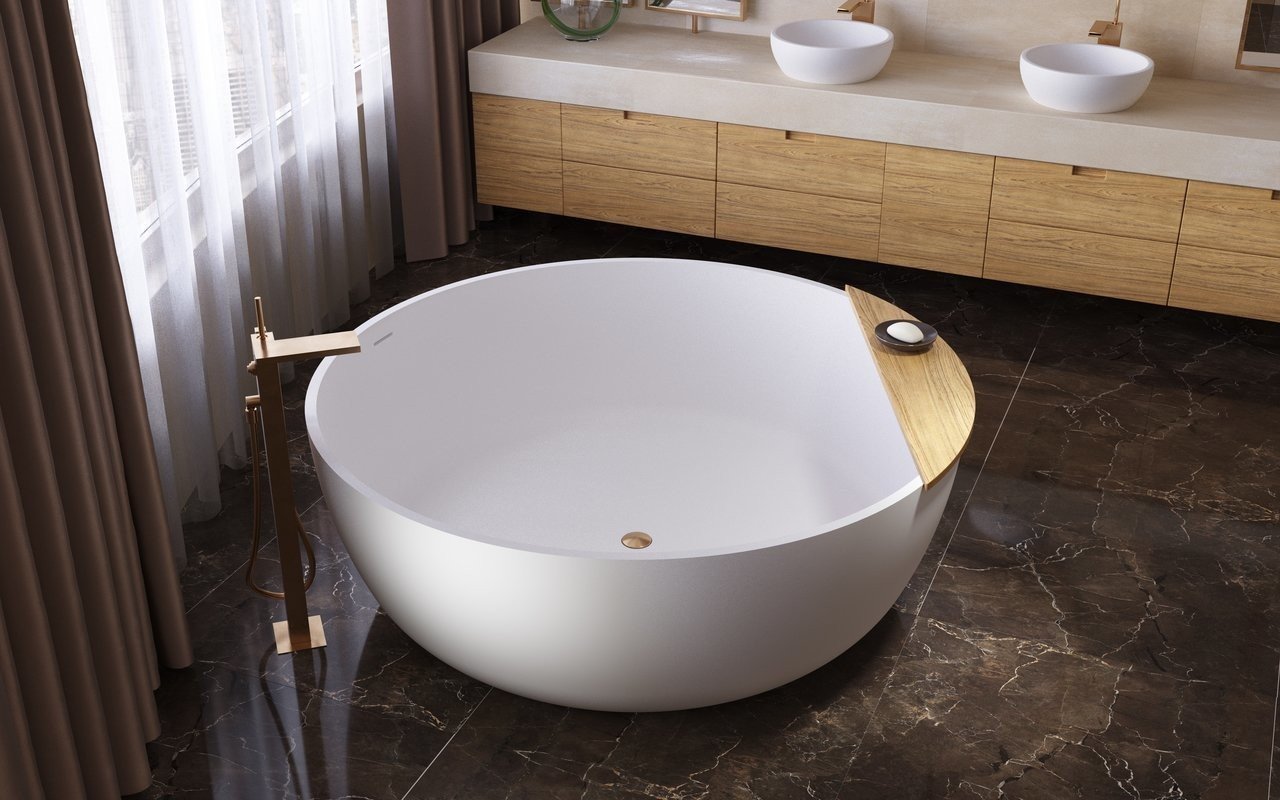

Bathroom Accessories
What Is A Solid Surface Bathtub?
Modified: October 20, 2024
Discover the benefits of a solid surface bathtub for your bathroom. Explore our range of high-quality bathroom accessories for a luxurious bathing experience.
(Many of the links in this article redirect to a specific reviewed product. Your purchase of these products through affiliate links helps to generate commission for Storables.com, at no extra cost. Learn more)
Introduction
When it comes to creating a luxurious and inviting bathroom space, the choice of bathroom accessories plays a pivotal role. Among these accessories, the bathtub stands out as a centerpiece that not only serves a functional purpose but also contributes to the overall aesthetic appeal of the bathroom. In recent years, solid surface bathtubs have gained significant attention in the realm of bathroom design and renovation. These bathtubs offer a unique blend of elegance, durability, and versatility, making them a popular choice for homeowners and designers alike.
Solid surface bathtubs are crafted from a composite material that typically consists of a blend of acrylic, polyester resins, and natural minerals. This composition allows for a seamless and non-porous surface, which not only enhances the bathtub's visual appeal but also makes it highly resistant to stains, scratches, and discoloration. The solid surface material also enables the creation of intricate and sculptural designs, giving rise to a diverse range of bathtub shapes and styles to suit various preferences and bathroom layouts.
In addition to their aesthetic and functional attributes, solid surface bathtubs are known for their heat retention properties, allowing for a longer and more indulgent bathing experience. The material's ability to maintain warmth adds a touch of luxury to the bathing ritual, creating a spa-like ambiance within the confines of one's home.
As the demand for sustainable and eco-friendly home solutions continues to rise, solid surface bathtubs have emerged as a compelling choice due to their recyclable nature and the minimal environmental impact associated with their production. This aligns with the growing emphasis on responsible and environmentally conscious design practices, making solid surface bathtubs a desirable option for those seeking to integrate sustainability into their living spaces.
In the subsequent sections, we will delve deeper into the defining characteristics, advantages, and considerations associated with solid surface bathtubs, shedding light on their unique appeal and practical implications for modern bathrooms.
Key Takeaways:
- Solid surface bathtubs are durable, versatile, and eco-friendly, offering a luxurious and sustainable option for modern bathrooms. Their heat retention and easy maintenance make them a compelling choice for a spa-like bathing experience.
- While solid surface bathtubs may come with a higher cost and require professional installation, their exceptional durability, design flexibility, and eco-friendly composition make them a worthwhile investment for a luxurious and sustainable bathroom upgrade.
Read more: How Much Is Solid Surface Countertops
Definition of Solid Surface Bathtub
A solid surface bathtub is a luxurious and versatile bathroom fixture crafted from a composite material that typically includes a blend of acrylic, polyester resins, and natural minerals. This unique composition results in a non-porous and homogeneous surface, which not only enhances the bathtub's visual appeal but also contributes to its exceptional durability and resistance to various forms of damage. The seamless nature of solid surface bathtubs allows for the creation of intricate and sculptural designs, enabling a diverse range of shapes and styles to cater to different aesthetic preferences and bathroom layouts.
One of the defining features of solid surface bathtubs is their ability to retain heat, providing a longer and more indulgent bathing experience. This heat retention property adds a touch of luxury to the bathing ritual, creating a spa-like ambiance within the confines of one's home. Furthermore, the non-porous nature of the material makes solid surface bathtubs highly resistant to stains, scratches, and discoloration, ensuring that they maintain their pristine appearance over time.
Solid surface bathtubs are known for their versatility in terms of design and customization. The material can be molded and shaped into various forms, allowing for the creation of unique and personalized bathtub designs that align with individual preferences and specific bathroom aesthetics. This adaptability makes solid surface bathtubs a popular choice for homeowners and designers seeking to infuse their bathrooms with distinctive and visually striking elements.
In addition to their aesthetic and functional attributes, solid surface bathtubs are recognized for their eco-friendly characteristics. The composite material used in their construction is recyclable, contributing to a reduced environmental impact compared to traditional bathtub materials. This aligns with the growing emphasis on sustainable and environmentally conscious design practices, making solid surface bathtubs an appealing option for those seeking to integrate eco-friendly elements into their living spaces.
Overall, the definition of a solid surface bathtub encompasses its composition, design versatility, durability, heat retention properties, and eco-friendly attributes, positioning it as a compelling choice for modern bathrooms seeking a harmonious blend of luxury, functionality, and sustainability.
Advantages of Solid Surface Bathtub
Solid surface bathtubs offer a myriad of advantages that make them a sought-after choice for homeowners and designers looking to elevate the aesthetic and functional appeal of their bathrooms. These advantages encompass various aspects, ranging from durability and design flexibility to heat retention and eco-friendly attributes.
1. Exceptional Durability
Solid surface bathtubs are renowned for their exceptional durability, thanks to the composite material's inherent resistance to scratches, stains, and discoloration. This durability ensures that the bathtub maintains its pristine appearance over time, making it a long-lasting and reliable fixture in the bathroom.
2. Versatile Design Options
The composition of solid surface material allows for unparalleled design flexibility, enabling the creation of a diverse range of bathtub shapes, sizes, and styles. From sleek and contemporary designs to organic and sculptural forms, solid surface bathtubs cater to various aesthetic preferences, making them a versatile choice for different bathroom layouts and design themes.
3. Heat Retention Properties
One of the standout advantages of solid surface bathtubs is their ability to retain heat, providing a luxurious bathing experience. The material's capacity to maintain warmth allows for longer and more indulgent baths, creating a spa-like ambiance within the comfort of one's home. This heat retention feature adds a touch of opulence to the bathing ritual, enhancing the overall relaxation and rejuvenation experience.
4. Seamless and Non-Porous Surface
Solid surface bathtubs boast a seamless and non-porous surface, which not only enhances their visual appeal but also makes them highly resistant to moisture-related issues. The non-porous nature of the material prevents the growth of mold and mildew, contributing to a hygienic and low-maintenance bathing environment.
5. Eco-Friendly Composition
In an era marked by a growing emphasis on sustainability, solid surface bathtubs stand out for their eco-friendly composition. The recyclable nature of the composite material aligns with environmentally conscious design practices, offering a responsible choice for those seeking to reduce their environmental footprint without compromising on quality and style.
6. Easy Maintenance
Solid surface bathtubs are relatively easy to maintain, requiring minimal effort to keep them looking pristine. The non-porous surface resists staining and is simple to clean, making it a practical option for busy households and individuals seeking a hassle-free bathing solution.
In summary, the advantages of solid surface bathtubs encompass their exceptional durability, versatile design options, heat retention properties, seamless and non-porous surface, eco-friendly composition, and easy maintenance. These attributes collectively position solid surface bathtubs as a compelling choice for modern bathrooms, offering a harmonious blend of luxury, functionality, and sustainability.
Read more: What Is Solid Infill Below Area
Disadvantages of Solid Surface Bathtub
While solid surface bathtubs offer a host of compelling advantages, it is important to consider potential drawbacks associated with these luxurious fixtures. Understanding the limitations can help homeowners and designers make informed decisions when selecting bathroom accessories. Here are some key disadvantages to consider:
-
Cost: Solid surface bathtubs often come with a higher price tag compared to traditional materials such as fiberglass or porcelain. The premium quality and unique characteristics of the composite material contribute to the elevated cost, making solid surface bathtubs a significant investment for those working within budget constraints.
-
Weight: Due to the density of the composite material, solid surface bathtubs tend to be heavier than their acrylic or fiberglass counterparts. This can pose challenges during installation, requiring additional structural support and careful handling to ensure proper placement within the bathroom space.
-
Vulnerability to Heat Damage: While solid surface bathtubs excel in heat retention, they are susceptible to damage from high temperatures. Exposure to hot objects or direct contact with heat sources can result in surface discoloration or deformation, necessitating cautious use and maintenance to preserve the bathtub's pristine appearance.
-
Professional Installation Requirements: The weight and specialized nature of solid surface bathtubs often necessitate professional installation to ensure proper fitting and structural integrity. This can add to the overall cost of incorporating a solid surface bathtub into the bathroom, particularly for those who require professional assistance for the installation process.
-
Limited Repair Options: In the event of damage or imperfections, repairing solid surface bathtubs may present challenges. Unlike materials such as fiberglass, which can be easily patched or refinished, solid surface requires specialized repair techniques and professional expertise, potentially leading to higher repair costs and extended downtime for the bathtub.
-
Susceptibility to Chemical Damage: While solid surface bathtubs are resistant to many forms of damage, they can be vulnerable to certain chemicals. Harsh cleaning agents or abrasive substances may compromise the integrity of the surface, leading to potential discoloration or deterioration over time if not used with caution.
Understanding these disadvantages allows for a balanced assessment of the suitability of solid surface bathtubs for specific bathroom projects. While the drawbacks are important considerations, they are outweighed by the numerous benefits that solid surface bathtubs offer, making them a compelling choice for those seeking a harmonious blend of luxury, functionality, and sustainability in their bathroom spaces.
Maintenance and Care for Solid Surface Bathtub
Proper maintenance and care are essential for preserving the pristine appearance and functionality of a solid surface bathtub. By following a few simple guidelines, homeowners can ensure that their luxurious fixture remains in optimal condition for years to come.
Cleaning Routine
Regular cleaning is crucial for keeping a solid surface bathtub looking its best. To maintain the non-porous surface and prevent the buildup of grime and soap scum, it is recommended to clean the bathtub with a mild, non-abrasive cleaner and a soft cloth or sponge. Avoid using harsh chemicals or abrasive cleaning tools, as these can compromise the integrity of the surface and lead to potential damage.
Stain Removal
In the event of stubborn stains or mineral deposits, a mixture of warm water and mild dish soap can be used to gently scrub the affected area. For more persistent stains, a paste made from baking soda and water can be applied to the surface and left to sit for a short period before being rinsed off with water. It is important to refrain from using abrasive cleaning pads or harsh chemicals, as these can cause damage to the solid surface material.
Read more: What Is A Surface Mount Medicine Cabinet
Preventing Damage
To prevent scratches and surface damage, it is advisable to use soft, non-abrasive cleaning tools and to avoid placing sharp or abrasive objects directly on the bathtub surface. Additionally, care should be taken to avoid exposing the bathtub to extreme heat, as prolonged contact with hot objects can lead to discoloration or deformation of the material.
Routine Maintenance
Regular inspection of the bathtub's surface for any signs of wear or damage is recommended. Any minor imperfections or scratches can often be buffed out using a fine-grit sandpaper followed by a gentle polishing with a non-abrasive cleaner. It is important to address any issues promptly to prevent them from escalating and requiring more extensive repairs.
Protective Measures
To maintain the luster of the solid surface material, it is advisable to apply a high-quality automotive wax or polish to the bathtub surface periodically. This protective layer can help enhance the bathtub's sheen and provide an additional barrier against stains and minor surface imperfections.
By adhering to these maintenance and care practices, homeowners can ensure that their solid surface bathtub remains a stunning and enduring centerpiece in their bathroom. With proper attention and routine upkeep, the luxurious qualities and functional benefits of a solid surface bathtub can be enjoyed for years to come.
Conclusion
In conclusion, solid surface bathtubs stand as a testament to the seamless fusion of luxury, functionality, and sustainability in modern bathroom design. These exquisite fixtures, crafted from a composite material comprising acrylic, polyester resins, and natural minerals, offer a host of compelling advantages that elevate the bathing experience while contributing to the overall aesthetic appeal of the bathroom space.
The exceptional durability of solid surface bathtubs, coupled with their versatile design options and heat retention properties, positions them as a premier choice for homeowners and designers seeking to create a spa-like ambiance within the confines of their homes. The non-porous surface of solid surface bathtubs not only enhances their visual appeal but also makes them highly resistant to stains, scratches, and discoloration, ensuring that they maintain their pristine appearance over time.
Furthermore, the eco-friendly composition of solid surface bathtubs aligns with the growing emphasis on sustainable and environmentally conscious design practices, offering a responsible choice for those seeking to reduce their environmental footprint without compromising on quality and style. While it is important to consider potential drawbacks such as cost, weight, and vulnerability to heat damage, these limitations are outweighed by the numerous benefits that solid surface bathtubs offer.
By adhering to proper maintenance and care practices, homeowners can ensure that their solid surface bathtub remains a stunning and enduring centerpiece in their bathroom. With routine upkeep, the luxurious qualities and functional benefits of a solid surface bathtub can be enjoyed for years to come, making it a worthwhile investment for those looking to create a harmonious blend of luxury, functionality, and sustainability in their living spaces.
In essence, solid surface bathtubs represent a harmonious convergence of artistry, durability, and environmental responsibility, making them an ideal choice for those seeking to transform their bathrooms into havens of relaxation and elegance. With their timeless appeal and enduring qualities, solid surface bathtubs continue to captivate the imagination of homeowners and designers, offering a compelling embodiment of refined luxury and sustainable design in the modern home.
Frequently Asked Questions about What Is A Solid Surface Bathtub?
Was this page helpful?
At Storables.com, we guarantee accurate and reliable information. Our content, validated by Expert Board Contributors, is crafted following stringent Editorial Policies. We're committed to providing you with well-researched, expert-backed insights for all your informational needs.
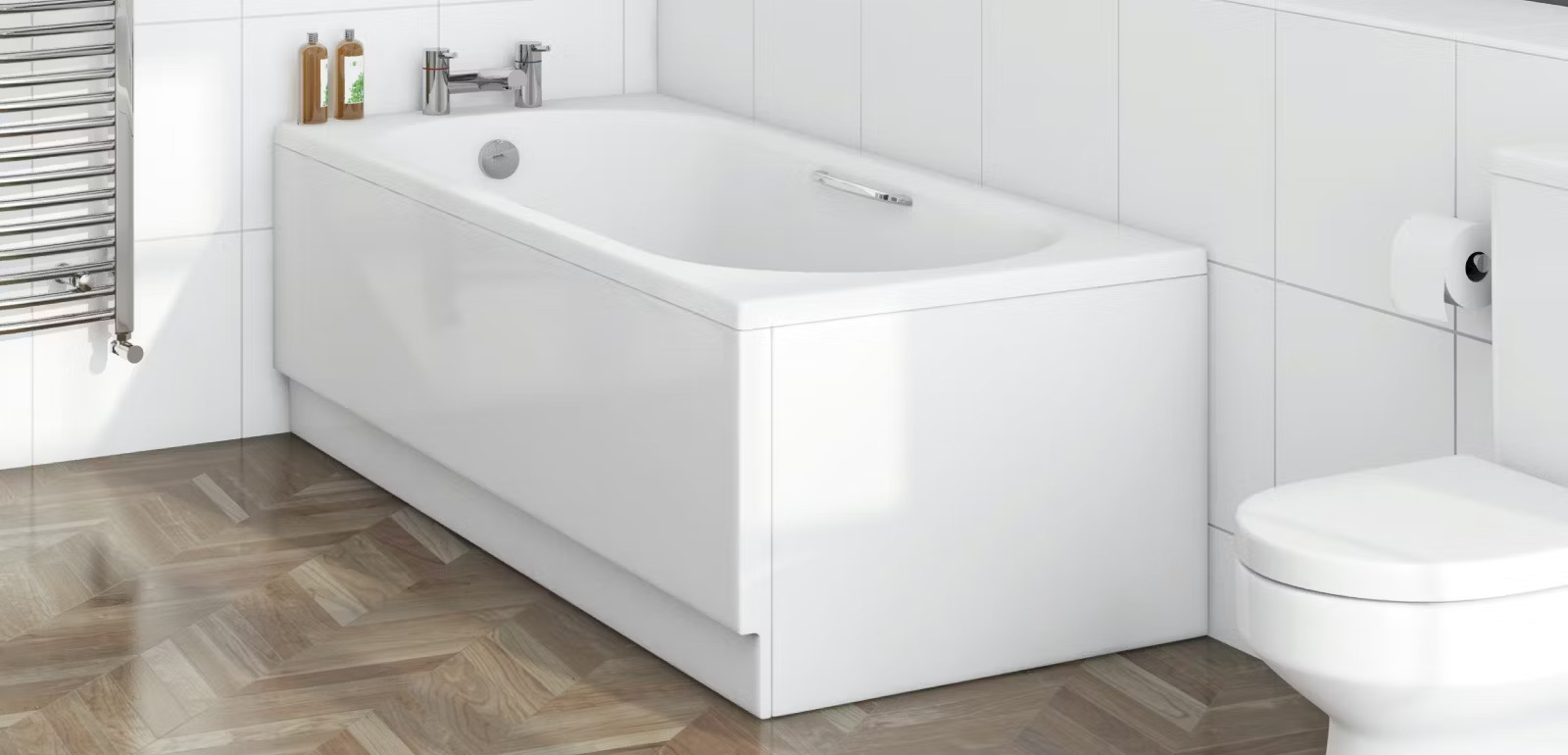


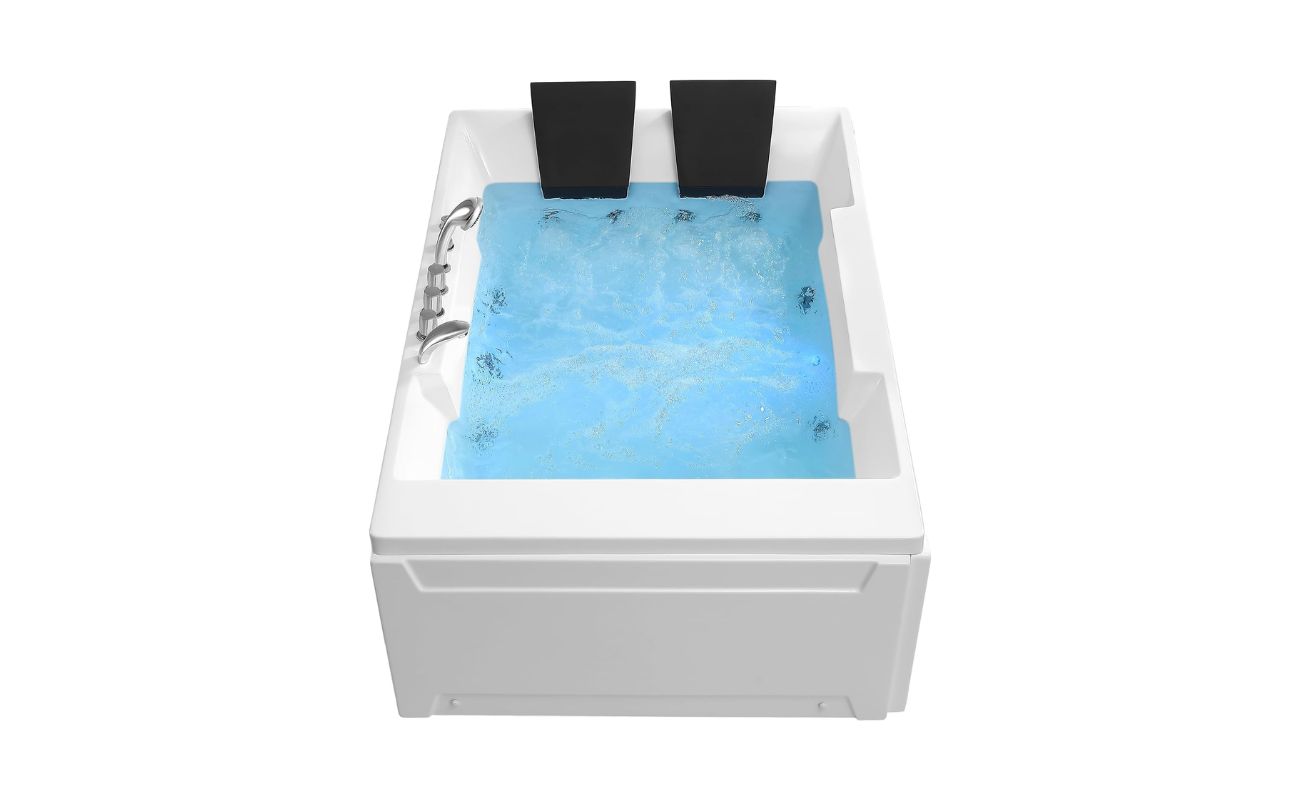
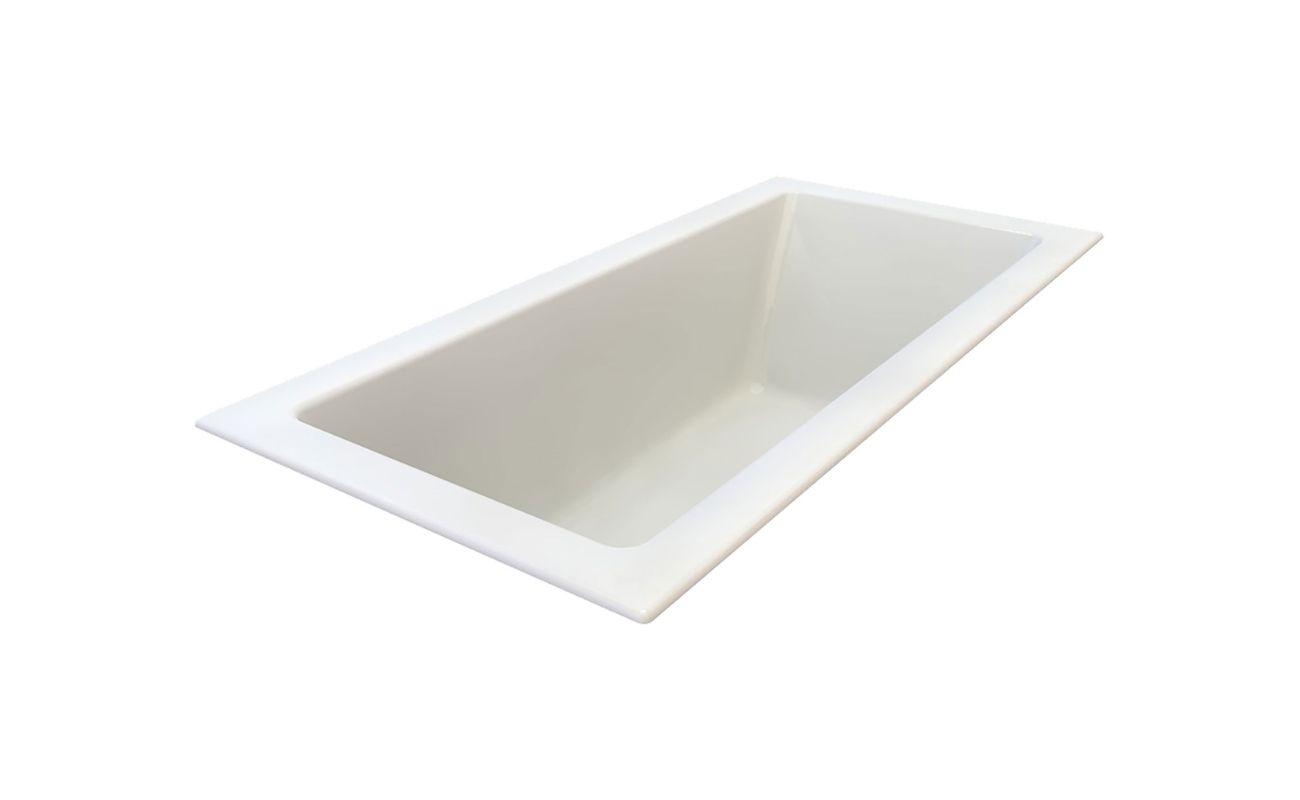

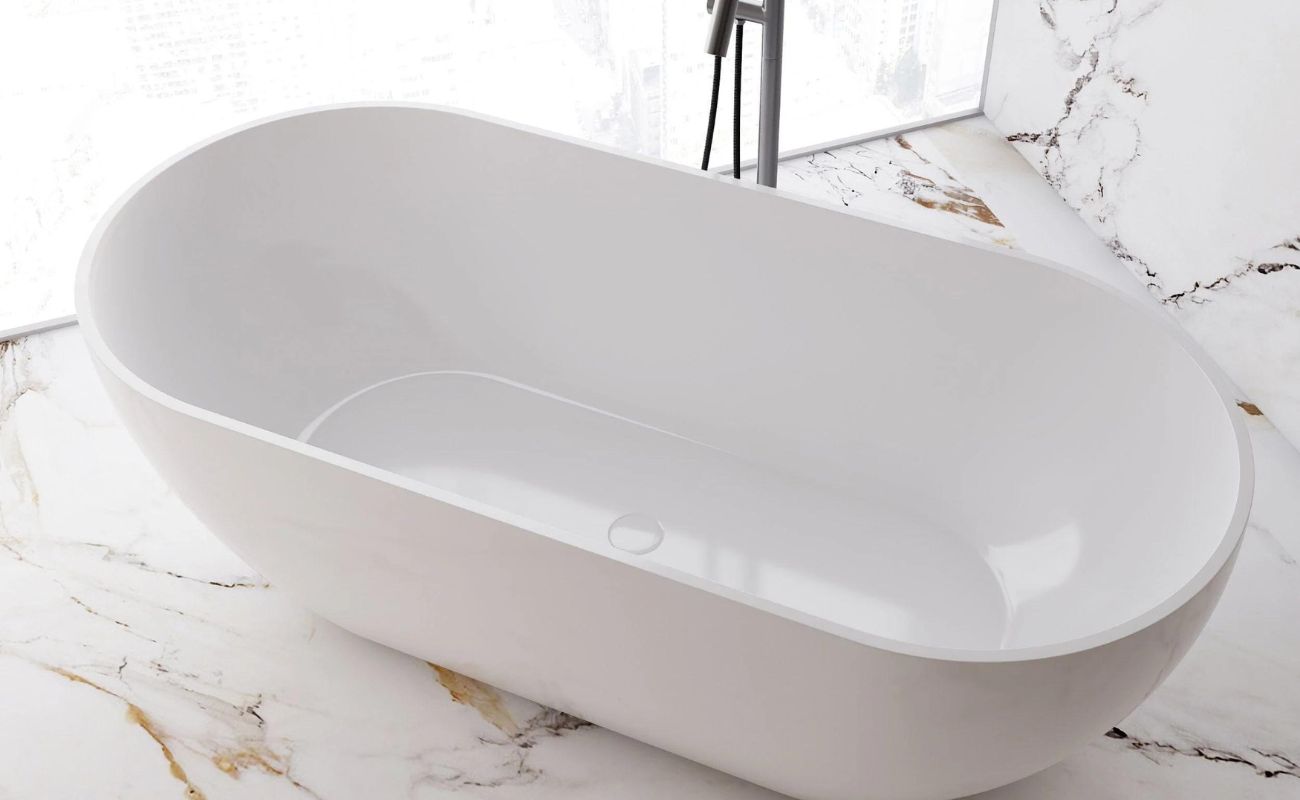
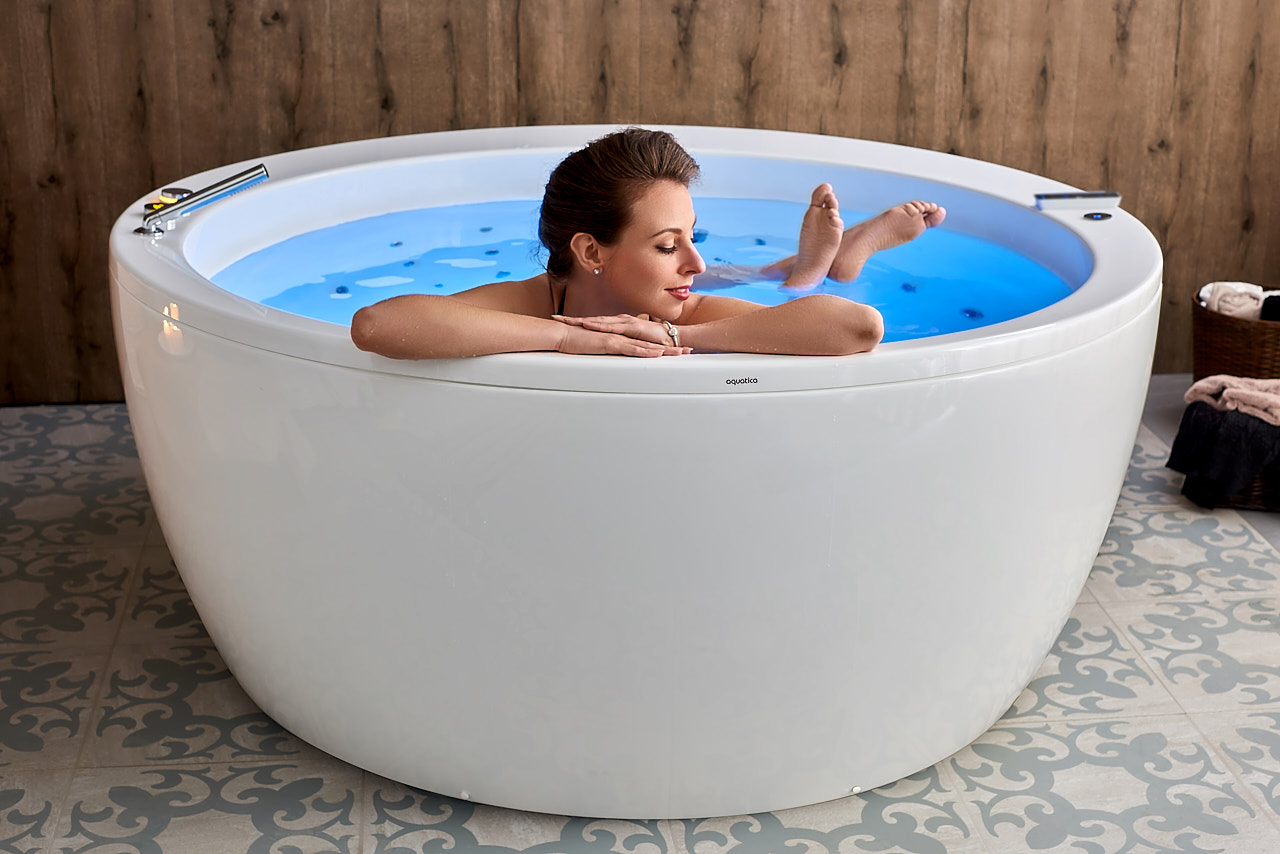
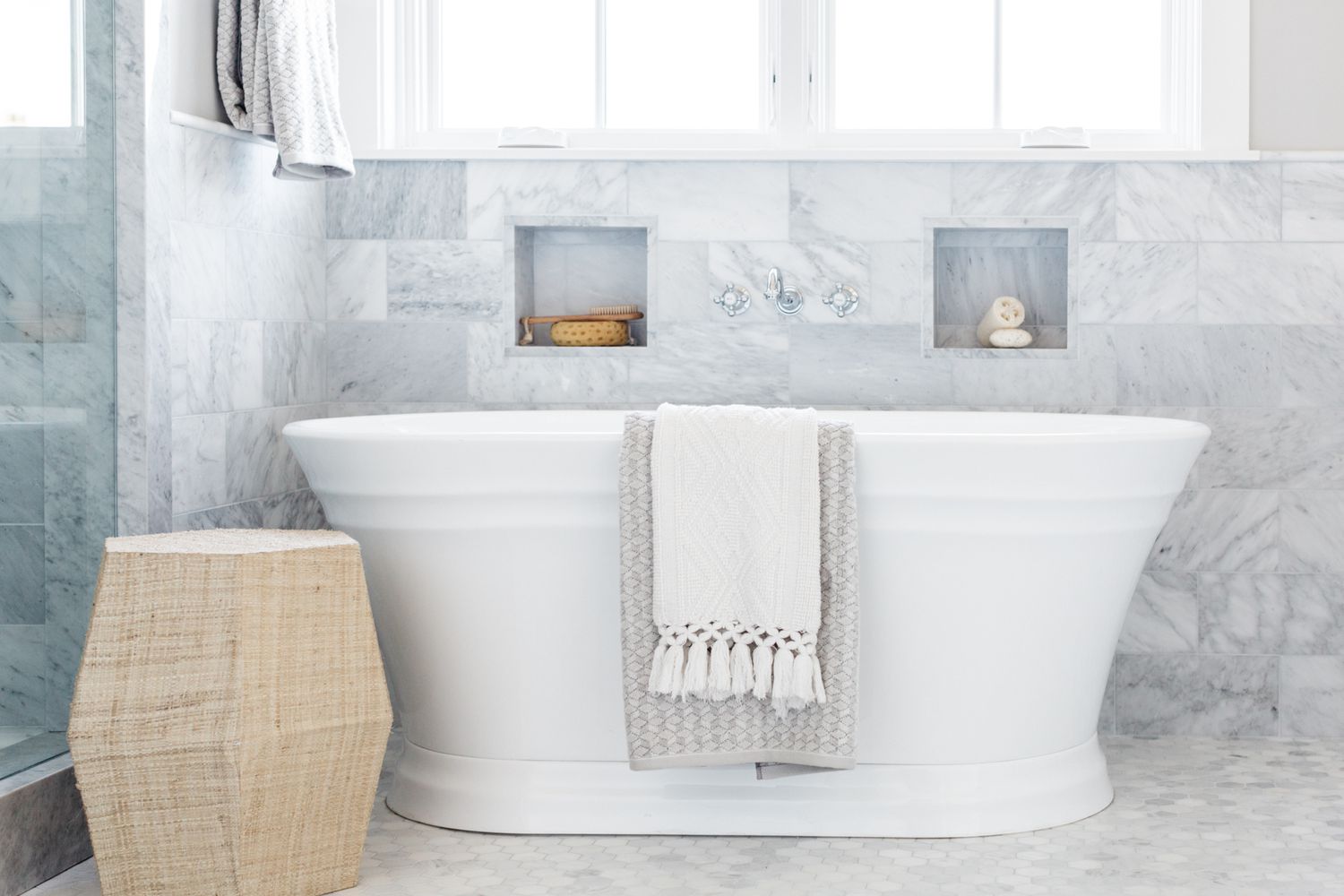
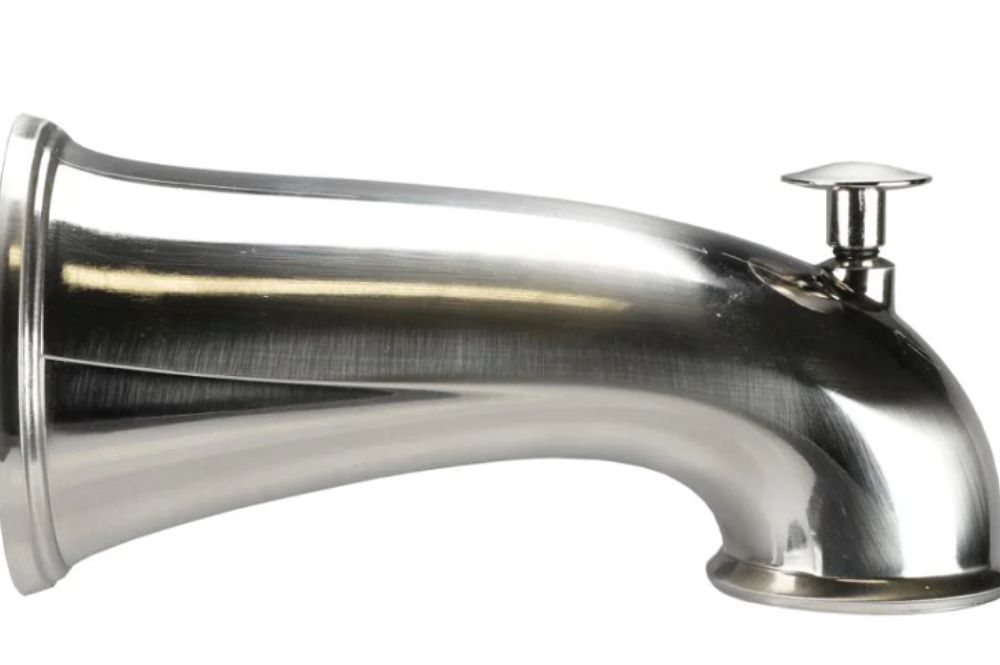
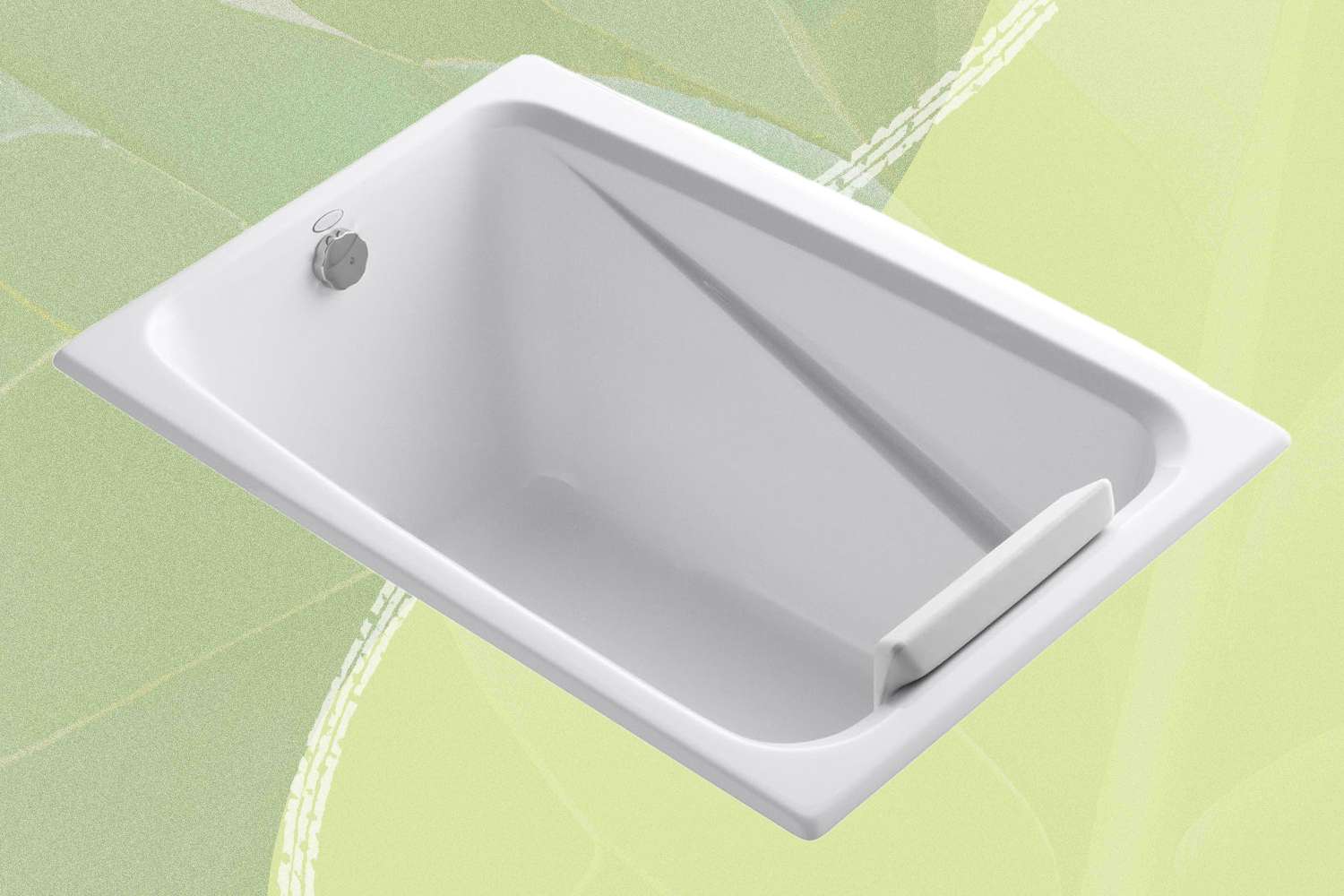
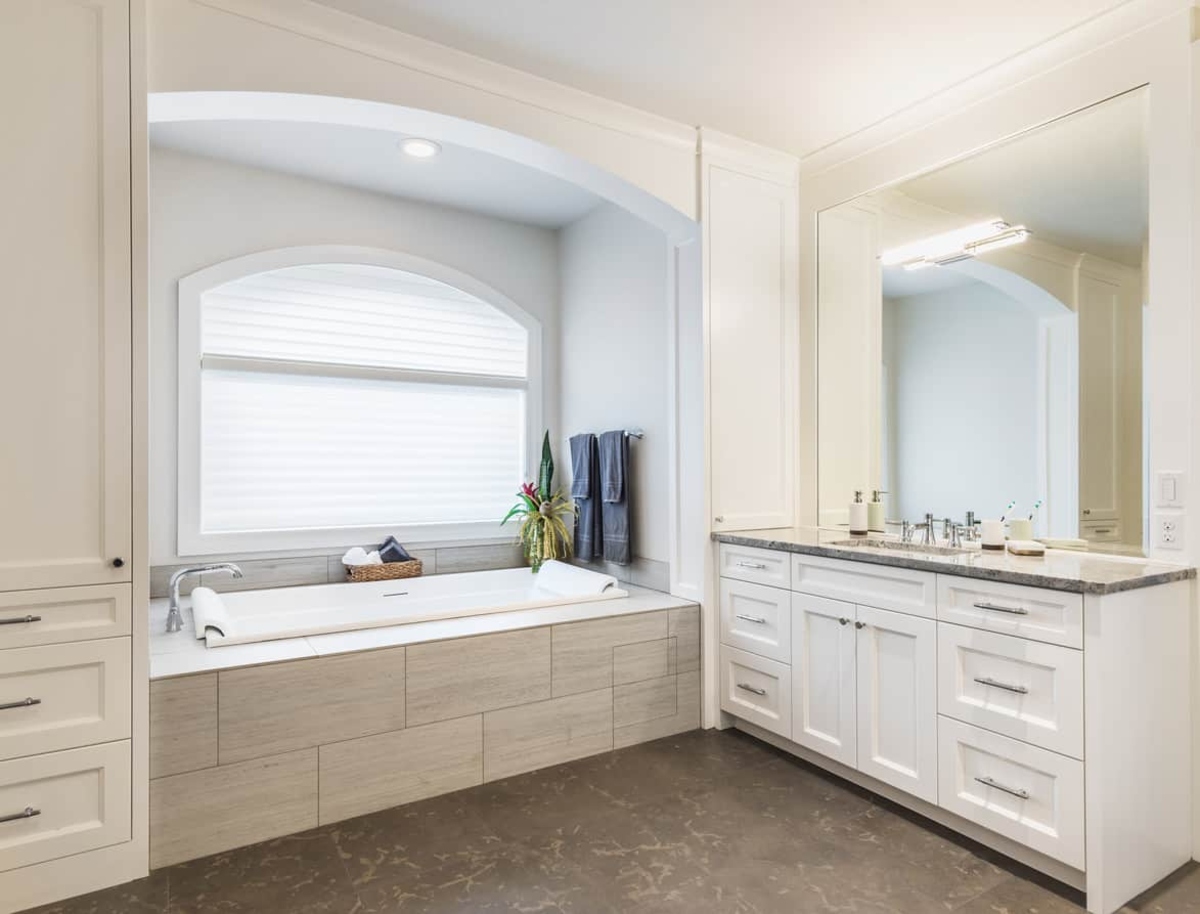

0 thoughts on “What Is A Solid Surface Bathtub?”